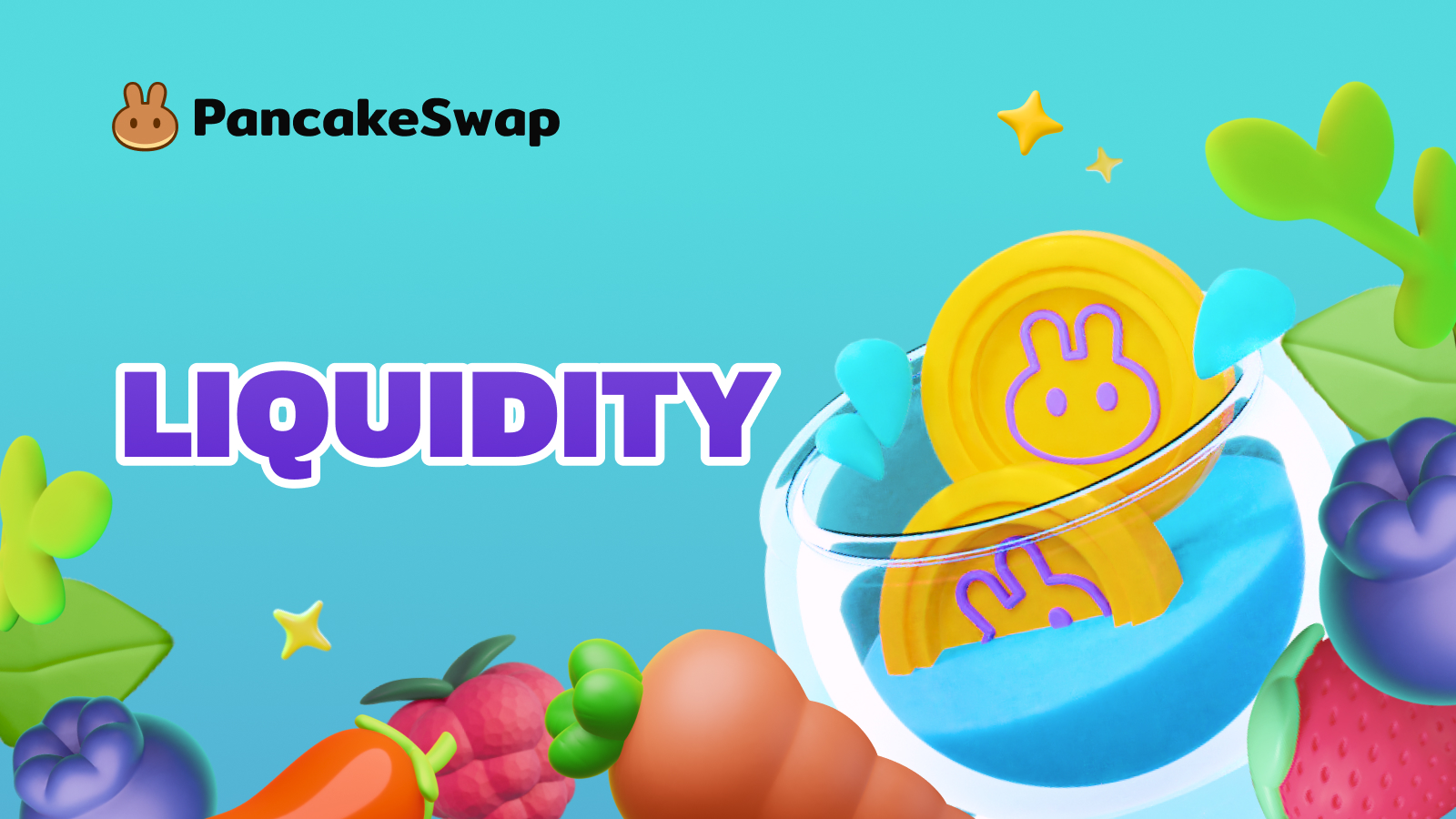Jelie Cash - How Value Moves And Changes
Think about the way money flows, or perhaps the way any kind of value shifts from one place to another. It's almost like a liquid, moving, changing shape, sometimes seeming to disappear only to reappear somewhere else. This idea, which we might call "jelie cash," speaks to how resources and worth are never really still. It is that constant movement, the give and take of things, that makes up so much of our daily experience.
Whether we are talking about the money in your pocket, the worth of something you own, or even the energy you put into a task, there is a kind of ebb and flow at play. This "jelie cash" concept helps us see how what we have, what we spend, and what we gain are all part of a larger, connected system. It's a bit like watching water find its path, always seeking a new level, a different place to settle for a moment before moving on again, too.
Sometimes, this movement of "jelie cash" is about physical things, like items you buy or build. Other times, it's about something less tangible, like good deeds or the lessons learned from life's turns. In some respects, understanding this flow can give us a fresh look at how we deal with resources, both the ones we can touch and the ones that are more about spirit or inner growth. So, let's explore this idea a little more.
Table of Contents
- Menards Business Model
- Customer Experiences
- Quality and Value
- The Cycle of Value
- Understanding Rebirth
- Rituals and Peace
- The Ultimate Aim
- Final Thoughts on Flow
Menards Business Model
The way a business operates has a lot to say about how "jelie cash" moves through it. Think about a place like Menards. This store, as a matter of fact, brings together many different sorts of people: shoppers looking for things for their homes, professional builders, and the folks who work there every day. Everyone involved has a part in how resources and value change hands. It's a big, active space where money and items are constantly moving.
This particular business, you know, is owned by individuals, not a public company. That means it works with a way of doing things that stands apart from many other big stores. They actually make many of their own items, especially the things used for building homes and other structures. This setup, in a way, changes how "jelie cash" works for them. When a company makes its own goods, it can often keep more of the spending money that comes in, rather than giving it to outside suppliers. This can affect the prices people pay and the worth they get.
How does Menards approach "jelie cash" in its operations?
Since Menards makes a lot of its own building materials, that helps them control the flow of "jelie cash" quite well. They have a hand in the process from start to finish for many products. This means they might be able to offer prices that seem very good, because they are not relying as much on other companies for their stock. For example, if you look at their decking materials, something like Ultradeck might cost the least amount compared to other well-known types like Fiberon or Trex. This shows how their way of doing business influences the immediate worth you get for your spending money, too.
However, it is also said that with items that cost the least, the quality often matches the price tag. This is an important part of the "jelie cash" flow. You might spend less upfront, but what you get might not be the very best in terms of how long it lasts or how strong it is. It makes you think about the whole picture of value. For instance, with decking, one might ask if the material is completely covered with a thick, solid material, which often means it will hold up better over time. This shows how "jelie cash" isn't just about the initial cost, but about the long-term worth.
Customer Experiences
The way people interact with a store also shapes the movement of "jelie cash." At Menards, you might find a mix of shoppers. Some are looking for items that don't cost much, hoping to find a bargain. Others are after well-known company items that are equal in quality or even better than what you might find at other big home improvement stores. This variety in what people seek means the flow of "jelie cash" changes depending on who is doing the buying, you know.
There is also a sense that this store tends to draw in shoppers who feel they deserve special treatment. This can make for interesting interactions. When people expect a lot, it changes the dynamic of the transaction. It's like the "jelie cash" they are spending comes with certain expectations, and if those are not met, it can affect their view of the value they received. This is just a part of the daily scene there, apparently.
What makes "jelie cash" flow differently for Menards shoppers?
For shoppers at Menards, the flow of "jelie cash" can feel quite distinct. On one hand, there is the chance to keep a good chunk of your spending money, especially on certain items. The store's own brands and its way of making many of its products can lead to lower prices. For example, if you are looking at building a deck, the store's kits can give you an idea of what different types, sizes, and looks will cost you. But, in some cases, the total amount you'd have to pay overall might end up being more than you first thought, perhaps three times the initial estimate, actually.
This means that while the initial draw might be to save, the real flow of "jelie cash" can be more complex. It's not always as simple as just getting a low price. There are items that don't cost much, and then there are some really good finds mixed in with them. So, a shopper needs to be quite thoughtful about what they are buying to truly get the most worth for their "jelie cash." It is about looking past the first price tag and considering the long-term benefit, or lack thereof, of the item. This really highlights the varied paths "jelie cash" can take.
Quality and Value
When we talk about "jelie cash," we are also talking about the idea of worth. What makes something worth what you pay for it? In a store like Menards, you might find a wide range of items. Some things are very basic and cost very little. Other things are from well-known companies and are quite good, sometimes even better than what you would find at other places that sell similar items. This mix means that the worth you get for your "jelie cash" can vary a lot, you know.
The idea of "you get what you pay for" often comes up. If something costs very little, it might not last as long or work as well as something that costs more. This is a common pattern in how "jelie cash" translates into actual value. For example, with decking materials, while Ultradeck might be the option that costs the least amount, it might not have the same durability as other brands. This is a key point when thinking about how your "jelie cash" is being used and what it truly buys you in the end.
Is "jelie cash" truly saved on every Menards purchase?
The promise of keeping more of your spending money is a big draw for many. However, whether "jelie cash" is truly saved on every purchase depends on what you are buying and what your expectations are. For instance, while some items might be a real bargain, others, especially those in the store's kit forms, might have hidden costs that add up. The last time someone looked at a kit, the total amount they would have to pay overall was about three times the initial idea. So, it is not always a straightforward saving, which is interesting.
This means that while the store carries a lot of items that don't cost much, there are also well-known company items that are quite good. It requires a bit of looking to find the best worth for your "jelie cash." It's like finding some really good finds mixed in with many other things. So, the amount of "jelie cash" you actually keep in your pocket can depend on how carefully you choose your items and how well you understand the full worth of what you are getting, rather.
The Cycle of Value
Beyond just money and goods, the idea of "jelie cash" can stretch to something bigger, a kind of continuous flow that goes beyond a single transaction. This brings us to a different way of looking at things, one that involves cycles and returns. It is like a sort of rule, where every action here and now will get a reward or a punishment in the next phase of existence. This shows how value, or what we might call "jelie cash" in a broader sense, isn't just about what you spend or earn today, but about a longer, never-ending movement.
This idea, the cycle of coming back to life again and again, is also known as coming back in a new body. People believe this cycle comes to an end at some point. It is a way of seeing that what you put out into the world, whether it is good or bad, comes back to you, perhaps not right away, but as part of a larger, ongoing flow. This perspective helps us think about "jelie cash" not just as dollars and cents, but as the accumulated worth of our actions and choices, actually.
How does "jelie cash" relate to life's bigger cycles?
When we think about "jelie cash" in terms of life's bigger cycles, it is about how Hindus see passing on and coming back to life. This view can offer comfort during sadness. It suggests that the spirit that lives forever finds peace. This is important because, according to this belief, the body made of flesh and bone has no use anymore after passing on and does not need to be kept. So, they choose to deal with it in certain ways. This shows how "jelie cash," as a form of accumulated worth or karma, moves from one existence to the next, never truly disappearing but changing its form.
The never-ending circle of life, as it is understood, is a continuous movement of "jelie cash" in a spiritual sense. It is important because, according to this belief, cleaning the body is linked to cleaning the spirit. This means that actions and practices in one life can affect the worth or state of the spirit in the next. So, "jelie cash" here is not about material wealth, but about the spiritual balance that carries over through different phases of existence, really.
Understanding Rebirth
The idea of coming back in a new body is a central part of this larger cycle. It means that the flow of "jelie cash," in terms of spiritual worth, continues even after a physical body passes away. This is not about a sudden end, but a transition, a new beginning. It is about the spirit moving on to a different form, carrying with it the worth, or perhaps the balance, from its previous experiences. This perspective offers a way to find comfort in the spirit that lives forever, knowing that the journey continues.
This concept suggests that the actions and deeds from one life contribute to the worth or state of the spirit in its next coming. It is a continuous accounting, a kind of spiritual "jelie cash" ledger that keeps track of everything. So, what you do now, how you act, how you treat others, all contribute to this ongoing flow. It is a powerful way to think about personal responsibility and the lasting impact of our choices, too.
Does "jelie cash" find a new purpose in the next phase?
In this view, "jelie cash," as the accumulated worth of one's actions, certainly finds a new purpose in the next phase of existence. It is not just about moving on, but about growing and learning. The journey towards a state of deep peace, often called nirvana, is about getting free from the chain of coming into being, passing away, and coming back. This chain is known as samsara, and it represents the final aim for human existence. This means that the spiritual "jelie cash" accumulated helps a person move closer to this ultimate freedom, you know.
Each new phase of life, therefore, becomes an opportunity for the spirit to use its accumulated "jelie cash" – its past actions and lessons – to work towards this final aim. It is like a continuous effort to balance the books, to clear any outstanding debts, and to build up enough spiritual worth to reach that ultimate goal. So, every experience, every choice, every act, contributes to this larger journey of the spirit, guiding the flow of "jelie cash" towards its ultimate destination, more or less.
Rituals and Peace
The process of passing on, in this belief system, has many special practices. These are needed so that the coming back to life can happen right. These practices are a way for people to take part in old customs, like singing, when someone is close to passing on. These rituals are seen as very important for the flow of "jelie cash" in a spiritual sense, helping the spirit on its way. They provide a structure, a way to guide the transition, which is quite meaningful.
One such custom involves putting a little bit of water from the Ganges river into the person's mouth. Between sips, they keep saying the name of a higher power. This is believed to help their spirit find peace. These acts are not just empty gestures; they are seen as truly helping the "jelie cash" of the spirit to move smoothly to its next phase. They are a way for those who remain to help the passing spirit, providing comfort and guidance on its journey, basically.
What role do practices play in the journey of "jelie cash"?
Practices and rituals play a very important role in the journey of "jelie cash" in this spiritual sense. They are seen as necessary steps to ensure that the transition of the spirit is as smooth and beneficial as possible. By following these customs, people believe they are actively helping the spirit to accumulate good "jelie cash" for its next phase, or to release any burdens from the current one. It is a way of actively shaping the flow of spiritual worth, too.
These practices are not just for the person passing on, but also for those who are left behind. They offer a way to cope with sadness and to feel connected to the larger cycle of life and passing. By taking part in these rituals, they are, in a way, contributing to the spiritual "jelie cash" of their loved one, helping them on their path to peace and freedom from the cycle. It is a shared journey, where everyone plays a part in the movement of this deep form of value, you know.
The Ultimate Aim
The final aim for human existence, in this way of thinking, is to get free from the chain of coming into being, passing away, and coming back. This ultimate freedom is called Moksha. It means that the spiritual "jelie cash" that has been built up over many lifetimes is finally enough to break free from the cycle. It is the end of the continuous movement, a state of lasting peace and liberation. This is what all the previous actions and experiences are working towards, in some respects.
While there are many paths and ways of living within this belief system, the idea of Moksha stands as the highest goal. It means that the "jelie cash" of accumulated worth, good deeds, and learned lessons finally allows the spirit to reach its ultimate destination. It is a profound concept that gives meaning to every action and every moment, as each one contributes to this grand, overarching purpose. So, every bit of effort, every right choice

Liquidity | CZ.CASH

Jelie Home

Rachel Cash | MovieWeb